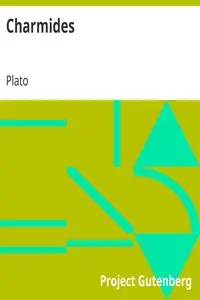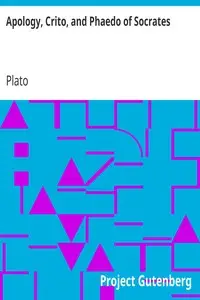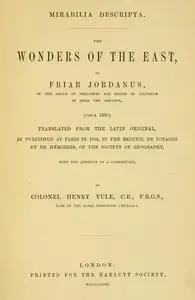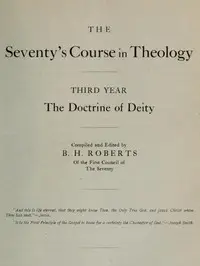“Charmides” by Plato is a philosophical dialogue written during the 4th century BC. The text primarily explores the concept of temperance (or moderation) through a dynamic conversation between Socrates and various other characters, including the beautiful youth Charmides, as they grapple with the meaning and implications of this virtue. The opening of "Charmides" introduces the setting and characters, establishing Socrates as the narrator and providing glimpses into his relationships with the others. Socrates returns from military service and finds himself in the company of friends at a palaestra. A discussion arises about the young Charmides, who enters to great admiration for his physical beauty, prompting an inquiry into whether he possesses the moral quality of temperance. Socrates engages Charmides in a series of definitions and logical examinations regarding the nature of temperance. They explore various interpretations, including quietness, modesty, and self-knowledge, while also confronting the complexities inherent in defining such virtues. The beginning serves not only to engage readers with the characters but also sets the stage for deeper philosophical inquiries central to Plato's work. (This is an automatically generated summary.)

Charmides
By Plato
“Charmides” by Plato is a philosophical dialogue written during the 4th century BC. The text primarily explores the concept of temperance (or moderati...
Genres
Released
1998-12-01
Formats
epub (images)
epub3 (images)
mobi (images)
mobi
epub
Free Download
Overview
About the Author
Plato, born Aristocles, was an ancient Greek philosopher of the Classical period who is considered a foundational thinker in Western philosophy and an innovator of the written dialogue and dialectic forms. He raised problems for what became all the major areas of both theoretical philosophy and practical philosophy, and was the founder of the Platonic Academy, a philosophical school in Athens where Plato taught the doctrines that would later become known as Platonism.
Total Reviews
10.0k
Total reviews from Goodreads may change


















